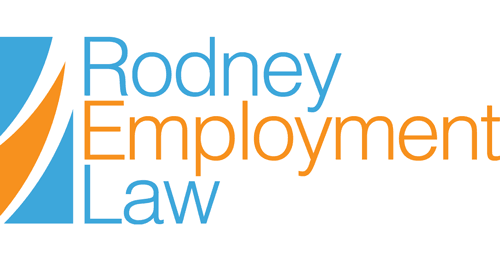The Impact of Covid-19 On Common Law Notice Periods
 With the significant increase of terminations arising from the pandemic, both employers and employees have been contemplating the impact that the pandemic will have on notice periods.
With the significant increase of terminations arising from the pandemic, both employers and employees have been contemplating the impact that the pandemic will have on notice periods.
In determining the appropriate notice period for terminated employees who are entitled to common law reasonable notice, courts will consider a number of factors known as Bardal factors, including but not limited to, the employee’s age, length of service, position, and the availability of comparable employment with regard to the employee’s education, training and qualifications.
Courts have previously determined that employees terminated during difficult economic climates are entitled to lengthier notice periods in recognition of the increased difficulty of finding employment during such times. However, it remains to be seen how the impact of the pandemic specifically would be considered by the courts within this analysis.
In Yee v Hudson’s Bay, 2021 ONSC 38, the Ontario Superior Court provided some initial thoughts on the matter. Yee¸ a 52-year-old Director of Product Development with nearly 12 years of service was found to have been wrongfully dismissed and entitled to common law notice. Yee’s Counsel argued that the pandemic and the resulting difficulty in obtaining comparable employment should merit an award at the highest end of the appropriate range established by his other Bardal factors.
Justice Dow recognized that the pandemic had impacted employment opportunities but followed an Ontario Court of Appeal decision which held that in determining the appropriate amount of notice, “Notice is to be determined by the circumstances existing at the time of termination and not by the amount of time that it takes the employee to find employment” (Holland v. Hostopia.com Inc., 2015 ONCA 762, at paragraph 61). As Yee had been terminated in August 2019, months before the onset of the pandemic, Justice Dow ultimately declined to consider the pandemic in assessing the appropriate notice period for Yee, and ultimately awarded him 16 months of notice.
As always, counsel for employees seeking to rely on the pandemic to argue for an enhanced notice period should be prepared to support their claim with mitigation evidence demonstrating efforts to secure employment following the termination. Conversely, employers should be ready to demonstrate that the impact of the pandemic has varied across different industries, and that a termination during the pandemic may not by default merit a lengthier notice period.
We will continue to monitor how case law regarding notice periods during the pandemic develops. Should you like more information on how this case impacts you or your organization, please reach out to us for assistance at [email protected] or complete our contact form here.
